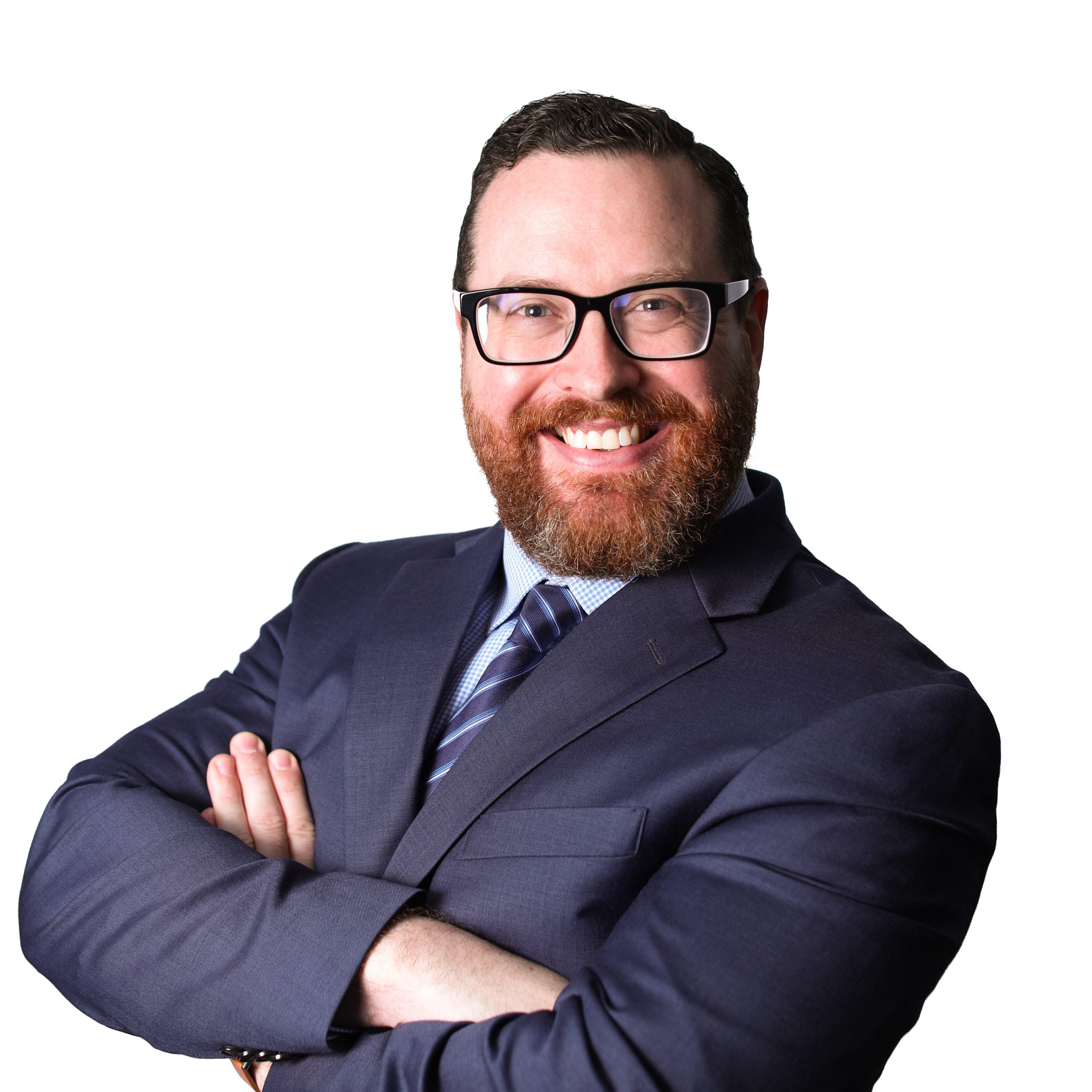Instead of following the Supreme Court’s 2018’s landmark ruling in Janus v. AFSCME, government labor unions have shifted tactics in order to do everything they can to keep the money flowing from public employees paychecks, even when those employees actively oppose the unions.
On March 8, Freedom Foundation attorney Tim Snowball made precisely that case in two oral arguments before the U.S. Court of Appeals for the 9th Circuit Court of Appeals on behalf of three Freedom Foundation clients from California.
Michael Craine, for example, signed a union dues card all the way back in 1999, and the document said nothing about his right to end the deductions being restricted — or even that Craine was a union member.
Consequently, it came as a shock when the union blocked his ability to end the deductions in 2022 after the union failed to fight against mandatory COVID-19 vaccinations for Los Angeles County employees.
The justification? A clause in the union’s collective bargaining agreement with the county that limited opt-outs to a union-established annual window.
Craine had never even heard of such a provision, let alone agreed to it.
Likewise, Peter Morejon signed a union dues card in 2005 and, again, the document included no language restricting Morejon’s right to end his dues. After his union took the liberty of instructing him and other members about who to vote for in an upcoming presidential election, Morejon made the decision to opt out of his union.
But he was also blocked from discontinuing the deductions, and the union gave him the silent treatment.
Finally, Camille Bourque, an employee in the same bargaining unit as Morejon, never signed or authorized anything. Nevertheless, the union took her lawfully earned wages and spent it on political speech anyway.
When she objected, her union cited a similar opt-out window as the one cited to Michael Craine.
According to the union, it entered a contract with her employer without her knowledge purporting to waive her First Amendment right to refuse to subsidize the union’s political speech. End of story.
But the U.S. Supreme Court has been clear that a public employee, and only a public employee, can waive their First Amendment rights and agree to fund a union’s speech. Otherwise, when a union uses state law to take an employee’s money and force them to fund its politics, the employee’s speech is compelled, and the employee may seek remedies against the union.
Under these clear and plain rules, the applicable unions compelled Craine, Morejon, and Bourque’s speech. Let’s hope the 9th Circuit agrees.











